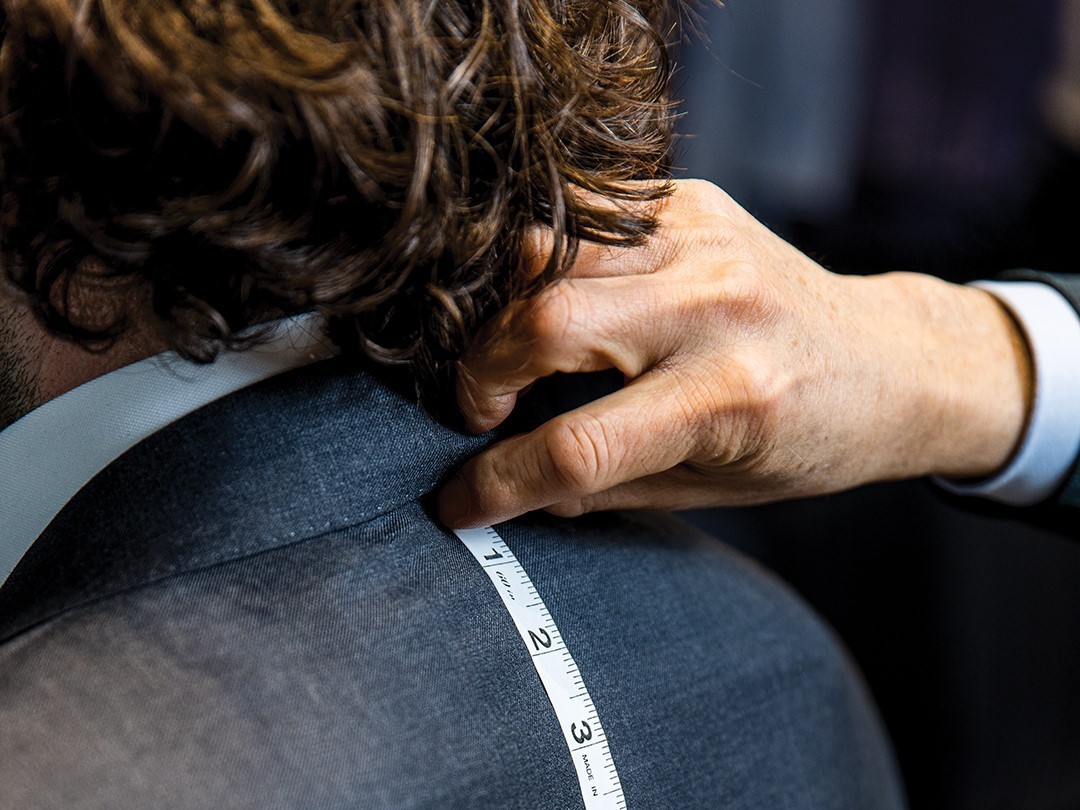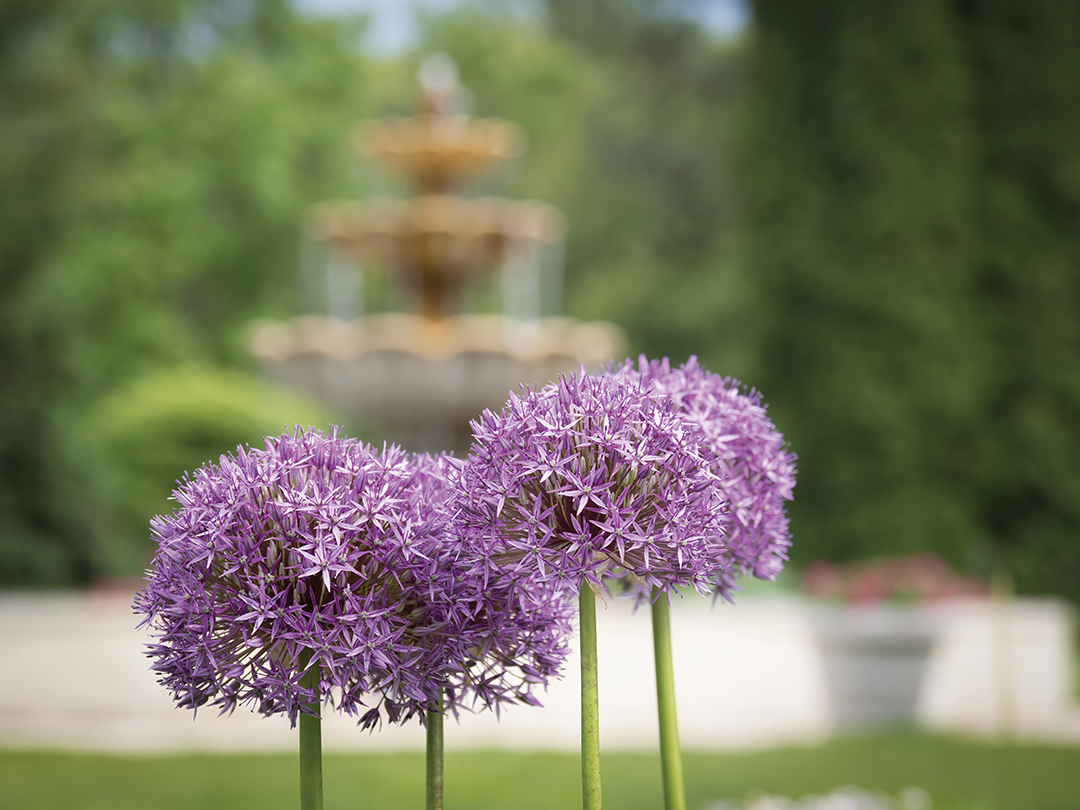
Illustration: Courtney Nielsen
Expert advice from Dermatology Specialists.
A cursory look online at skincare routines can often yield an in-depth, day and night schedule. But when it comes down to it, what’s fact and what’s fiction? We spoke with Gregory Hannon, MD JD of Dermatology Specialists in Edina to hear what’s doctor recommended, and what can be debunked.
To begin, the emphasis between a.m. and p.m. is probably more for the sake of organization than medical necessity. “There are some things that I think of as better to do at night,” says Dr. Hannon, “But maybe not quite as much as people would think.”
It’s never too early to start incorporating a good sunscreen into your morning routine. “UV prevention is something that, if you have to think hard about doing it, you tend not to,” says Hannon. “Getting into the habit early on will serve you better down the road.”
Eye creams are all well and good, but Hannon points out many people underestimate the damage caused by UV rays. “The absolute most important thing you can do is sun protection. Skin moisturizing and hydration, it can help, but it’s a far cry from UV prevention.”
Teens and young adults are more likely to need to treat oily skin and acne. “When it comes to anti acne cleansers, the most effective would be one containing benzoyl peroxide, which can be bought over the counter.” Hannon recommends using these cleansers in the shower and rinsing off thoroughly, warning they may bleach clothing and towels.
What about all those skin refining and blemish reducing masks? “I generally would start with a gentle topical retinoid before I got into face masks. They generally go on at night because they’re slightly UV light sensitive. And you want to use those as regularly as you can.”
Retinoids speed up the turnover of surface cells over the course of long-term use, and their use isn’t specific to acne treatment. “Retinoid medications are also known for helping with fine lines and wrinkles and uneven pigment,” says Hannon. Even after your acne clears up, it’s not a bad idea to continue to use the retinoid of your choice.
As we age and the chemistry of our skin changes, and we may notice some seasonally determined dryness. When considering moisturizers, it’s important to distinguish between lotions, creams and ointments. “As a general rule, the thicker the moisturizer is, the better it’s going to work, but also sometimes, the more uncomfortable it can be,” Hannon says. The best option, he says, is to split the difference and find a cream you like.
Everyone:
- Do find a daily sunscreen, SPF 30 or above.
- Don’t smoke or vape.
Teens and young adults with acne:
- Do wash with a four or five percent benzoyl peroxide cleanser daily for acne
treatment. - Do look for face masks with alpha-hydroxy glycolic acid or lactic acid.
- Don’t place too much stock in acne spot treatments, experts are divided over their effectiveness.
Adults:
- Do look for eye creams with ceramides.
- Don’t use creams with fragrances or preservatives.
Older Adults:
- Do find a moisturizer with ceramides and humectants.
Dermatology Specialists
3316 W. 66th St., Suite 120 & 200
952.920.3808
Hours:
Monday- Thursday: 7 a.m.-5 p.m.
Friday: 7 a.m.-4 p.m.
Saturday- Sunday: Closed






















